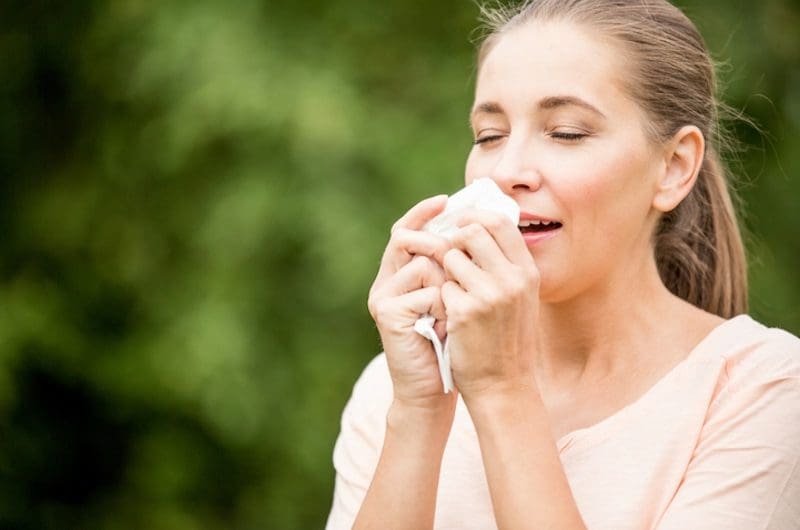For those that suffer from allergies in the St. Louis area, the arrival of spring often brings with it pollen levels that trigger episodes of sneezing, runny nose, nasal congestion and itchy, watery eyes. As the weather begins to get warmer, male flowers pollinate female flowers and that means tree pollen season has arrived.
If you have allergies, your immune system reacts to a substance that should be harmless, but you are sensitive to it. Pollen from plants and trees is a fairly common airborne allergen, leading to uncomfortable symptoms in a large number of people.
How Do You Know Which Trees Have a High Pollen Count?
Here in the St. Louis area, there are good resources for people with pollen allergies, particularly the St. Louis County website. This site has a page called the Pollen and Mold Center, which is dedicated to providing information about airborne allergens in the St. Louis area.
Websites that focus on weather forecasting also provide information about pollen levels on a particular day. These offer specific information about tree pollen, grass pollen, mold, and ragweed.
Low Pollen Trees in Spring for Allergy Sufferers
Do you do suffer from allergies to tree pollen but still want to plant new trees, or do you have yard work to do and need to know what is least likely to set off your spring allergies? Here are a few examples of trees that produce low pollen and aren’t as likely to set off spring allergies as other trees in the St. Louis area:
Sweetgum – The sweetgum tree is an ornamental tree with five-pointed star-shaped leaves. Its pollen is dispersed by the wind, and its pollen season lasts from March to May but is typically found to be only mildly allergenic.
Willows – Willow trees are attractive, rapidly growing low maintenance trees. The pollen season goes from March to June, but since willows are pollinated by insects, they are not strong allergens.
Poplars – Pollen season for poplar trees last from February to June, but many ornamental poplars are sterile hybrids that produce no pollen at all. Poplars are wind pollinated and are low on the allergy scale.
Beech and Chestnut Trees – Beech trees are pollinated by the wind, but chestnut trees are insect pollinated. These trees don’t usually cause a lot of discomfort to allergy sufferers.
If you need more information about trees and landscaping in the St. Louis area, or if you need to hire a professional, contact the experts at Jackson Tree Service today.

